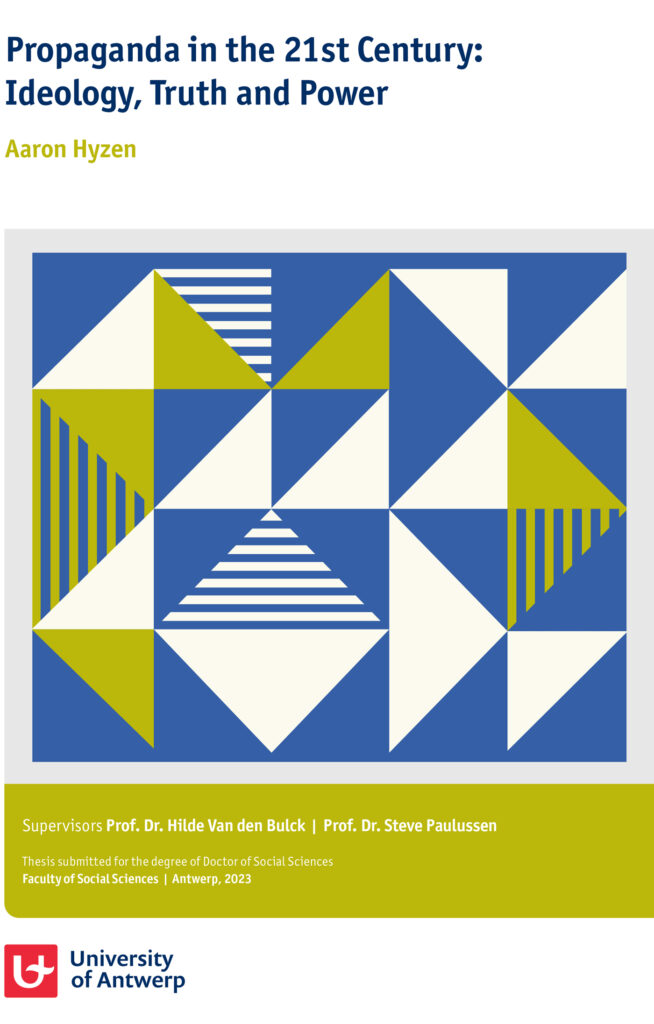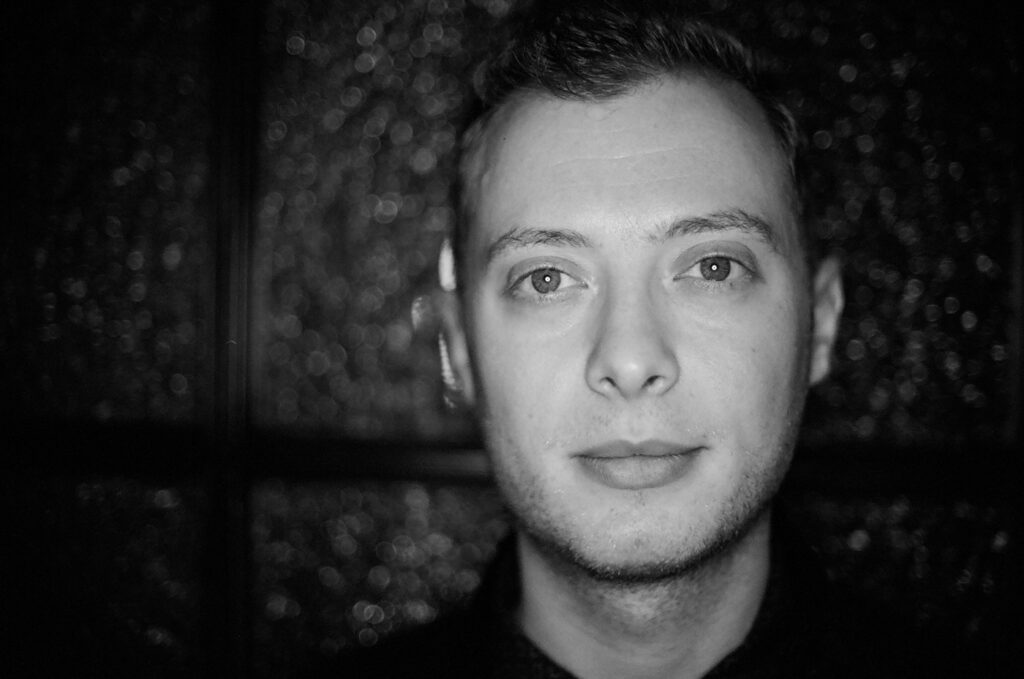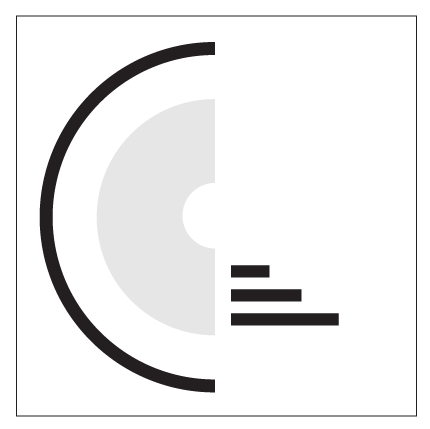
| About
I obtained my Ph.D. from the University of Antwerp. My doctoral dissertation, Propaganda in the 21st Century: Ideology, Truth and Power, examined propaganda in both traditional cases (e.g., war, state propaganda, electioneering) and emerging contexts (e.g., QAnon, anti-vax movements, flat earth). Through this work, I demonstrated the continued importance of propaganda as a form of strategic communication in contemporary political and social life. I emphasize understanding the relationship between the digital affordances of Web 3.0, e.g, generative AI, algorithmic recommender systems, and aspects of the post-truth era—such as mis/disinformation and conspiracy theories—while recognizing the importance of accurate or “true” information as an often underappreciated component of propaganda campaigns. I also work to untangle the role of technology and ideology in order to overcome the conflation of medium and message, and to clarify the problematics of the digital age.
While much of my Ph.D. research focused on analyzing and identifying problems, I also engage in the search for solutions. In a recent interdisciplinary, inter-university project on algorithmic gatekeeping, I explored media-related algorithmic recommender systems and artificial intelligence, aiming to provide policy recommendations. In this work, I developed the novel concept of epistemic welfare, which refers to creating and maintaining the conditions and capabilities for epistemic agency in the public sphere. In line with ideas of digital equity and inclusion, epistemic welfare treats structural digital access to credible information and knowledge—as well as the improvement of citizens’ epistemic capabilities—as part of societal welfare provisions, alongside food, medicine, and shelter, to help reduce the uncertainty associated with need.
At the Media, Inequality & Change Center, my work focuses on issues of concentrated ownership, media consolidation, news deserts, digital equity, and tech policy. I study local news funding in Pennsylvania and the role nonprofit news can play in addressing news deserts and the broader journalism funding crisis. This moment of change in journalism is not only about correcting market failures, but also about exploring how noncommercial funding models and inclusive, democratic approaches to journalism can create local news that truly reflects communities and meets civic information needs.
Central to the implementation of epistemic welfare and digital equity is a focus on clarifying societal discussions and the fundamental assumptions about knowledge creation in a democratic, well-functioning digital public sphere. Ultimately, I am interested in studying ways to empower citizens’ epistemic agency and further democratize institutions. If my work on propaganda, disinformation, and political economy centers on better understanding current societal problems, then my work on epistemic welfare, local news, and digital equity examines components in the search for solutions—for example, how we might enable the use of artificial intelligence in ways that enhance democratic participation in knowledge production. By addressing both areas, my work emphasizes the creation of sustainable information ecosystems that foster public trust, equity, and accurate information dissemination in a digitized society.
Currently Postdoctoral Fellow at the Media Inequality & Change Center
Annenberg School for Communication | University of Pennsylvania
| Education

PhD Social Sciences: Communication Studies
University of Antwerp
Dissertation: Propaganda in the 21st Century: Truth, Ideology and Power
PhD Advisors: Prof, Hilde Van den Bulck (Drexel University) & Prof. Steve Paulussen (University of Antwerp)
Jury Members: Prof. Christopher Ali (Penn State University), Prof. Emeritus. Monroe Price (University of Pennsylvania), Prof. Alexander Dhoest (University of Antwerp), Prof. Jorg Kustermans (University of Antwerp)

BA Fine Arts
The City College of New York
Magnum cum laude
Phi Beta Kappa Honors
